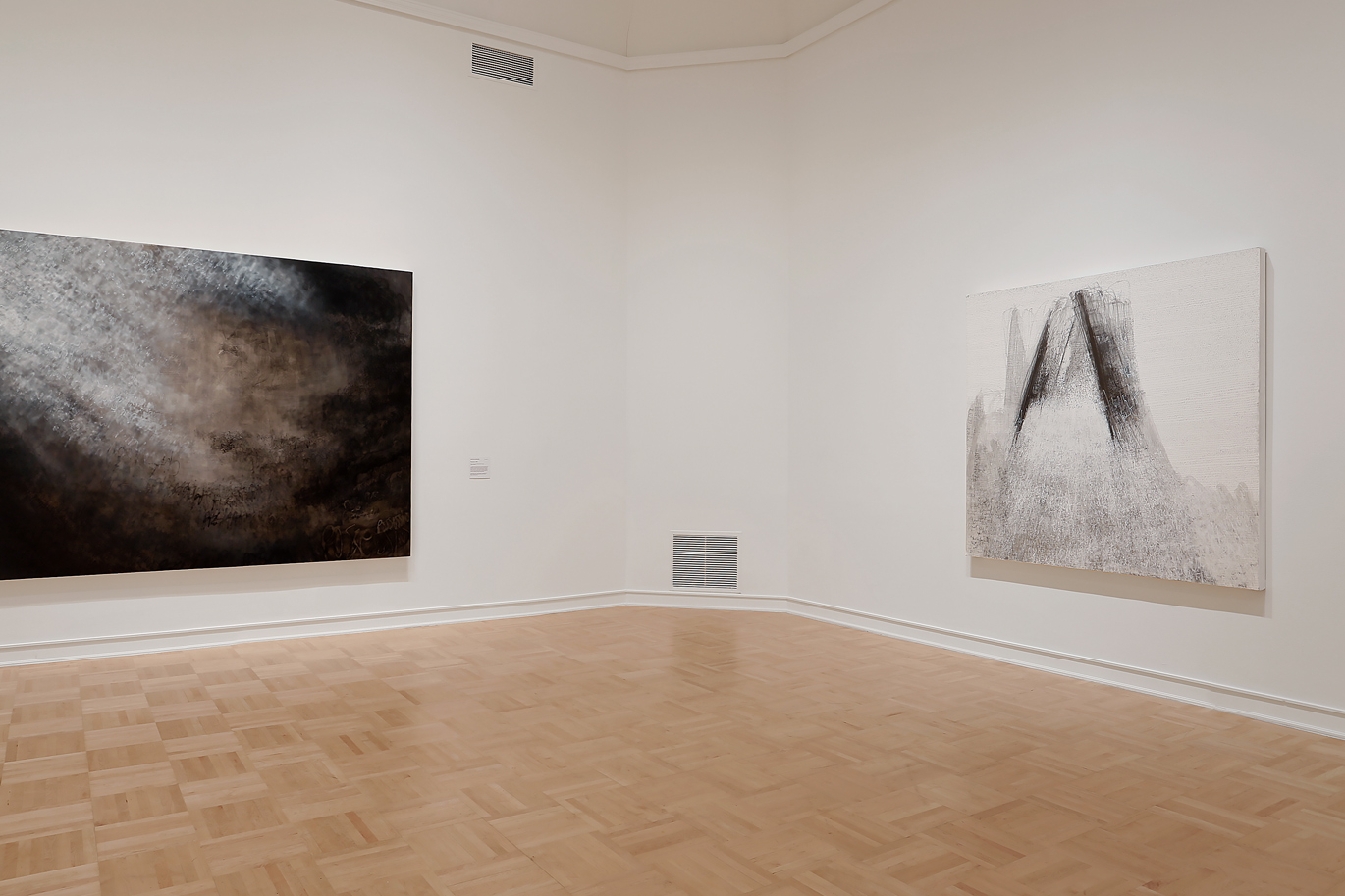Pablo Picasso and His Influence
- Autumn 2021
Syllabus Description:
Pablo Picasso and his Influence
| |
UW email: marek@uw.edu (NOTE: I prefer this email, please do not use Canvas mail, which I simply may miss).
For help with writing papers, feedback and edits, Ashley Tseng (atseng1@uw.edu) is holding office hours with a sign-up for her Monday 1-3pm slots here.
And here is the Zoom link through which you can connect with her, which is also on the sign-up sheet: https://washington.zoom.us/j/5802098633
Pablo Picasso (1881-1973) is widely seen as the greatest artist of the 20th century. Sign up for this class and learn why. Have you ever wondered what Cubism is about, why Picasso's pictures look so funny, or why he got so famous for what he invented? Why his influence reached so far? This course covers the long and prolific career of what is really one of the great innovators of modern art. We will follow the artist from his beginnings as a precocious youth in the 1890s to his late style in the 1960s. Because Picasso’s oeuvre is so vast, we will focus on a selection of representative works from each period, with emphasis on the question of innovation in painting and sculpture. With respect to these periods, we will look at the artist's influence on artists in his circle and beyond, specifically where and how his innovations reverberated with other artists. The class is largely discussion based, and there will be two short papers and two short exams. Class participation is vital to the success of the class and your grade.
Class Attendance & Participation are vital
We are building this learning community together and a key element of co-creating a shared learning environment is a commitment to active participation in class. I will launch a short quiz question during (almost) every class, which will be counted toward your grade. The points you can score for each of these are not much, so these are low-stakes quizzes, but together they add up to 45% of your final grade for the course. I will drop the lowest 3 scores in case you cannot attend some classes (make-up quizzes are only given for valid reasons).
UW COVID Health Advisory and Regulations
Under Modules you will find a page close to the top titled "UW COVID Health Advisory and Regulations." Please read the page and linked pages carefully.
Masks are required inside all UW buildings and facilities — and that includes classrooms.
o Covid-19 Prevention Plan for the School of Art + Art History + Design o UW Vaccination Policy
o UW Covid-19 Face Covering Policy
o WhatDoIDoIfIFeelSick?
Updates on Possible Changes due to COVID
Under Modules you will find a page close to the top titled "Updates on Possible Changes due to COVID." This is where you would find the latest information if new health advisories are issued or changes in teaching and gathering may be required. I will also send out emails through my UW email address: marek@uw.edu
Course Book
The course book is available as a PDF on this Canvas site under FILES, but is also linked here, Picasso's World by John Finlay (2011). This is a simple book that is rich in images and offers a straightfoward narrative about Picasso's life and work. The book will be complemented by other mandatory readings, often more challenging, which will be posted as PDFs in the weekly Modules, where you will also find other, supporting material.
Course Objectives:
-
You will gain familiarity with the development of Picasso’s long career and highlights from it in relation to themes that have structured scholarly inquiry into his work and the modernist tradition.
-
You will learn the elements of visual analysis in painting and sculpture and develop your skills at communicating visual analysis precisely in writing.
-
You will learn how to develop visual description into art historical interpretation.
You will gain exposure to some of the ways in which art historical scholarship relates visual objects to their historical contexts.
Grading
Exams (2): 25%
Papers (2): 30 %
Participation (including short quizzes): 45 %
Here attached you will find a list of School of Art + Art History + Design Policies
Also, Washington state law requires that UW develop a policy for accommodation of student absences or significant hardship due to reasons of faith or conscience, or for organized religious activities. The UW’s policy, including more information about how to request an accommodation, is available at Religious Accommodations Policy (https://registrar.washington.edu/staffandfaculty/religious-accommodations- policy/)Accommodations must be requested within the first two weeks of this course using the Religious Accommodations Request Form (https://registrar.washington.edu/students/religious-accommodations-request/)
Disability Accommodation
- To request academic accommodations due to a disability, please contact Student Disability Services, 448 Schmitz, (206) 543-8924 (V/TTY) or uwdss@u.washington.edu.
- If you have a letter from Student Disability Services requesting academic accommodations, please present this to your instructor on the first day of class or as DRS to send the request directly.
Violence Awareness and Prevention
- Preventing violence, discrimination, harassment, and retaliation is everyone's responsibility.
- Call 911 for emergency help. Call 206-685-SAFE to report non-urgent threats or concerns.
- SafeCampus: washington.edu/safecampus.
- Concerns about sexual harassment: http://studentlife.washington.edu/?s=title+ix http://depts.washington.edu/livewell/saris/sexual-harassment/
- Don't walk alone. Campus safety guards can walk with you on campus after dark. Call Husky NightWalk 206-685-WALK (9255).
Connect to UW Alert. Register your mobile number to receive instant notification of campus emergencies via text and voice messaging. Sign up online: www.washington.edu/alert
Land Acknowledgment: I would like to acknowledge that I live and work in Salish territory, specifically the lands of the Suquamish and Duwamish and the shared lands and waters of the Tulalip and Muckleshoot. There is a long history of education on this land dating to long before the establishment of this university.



